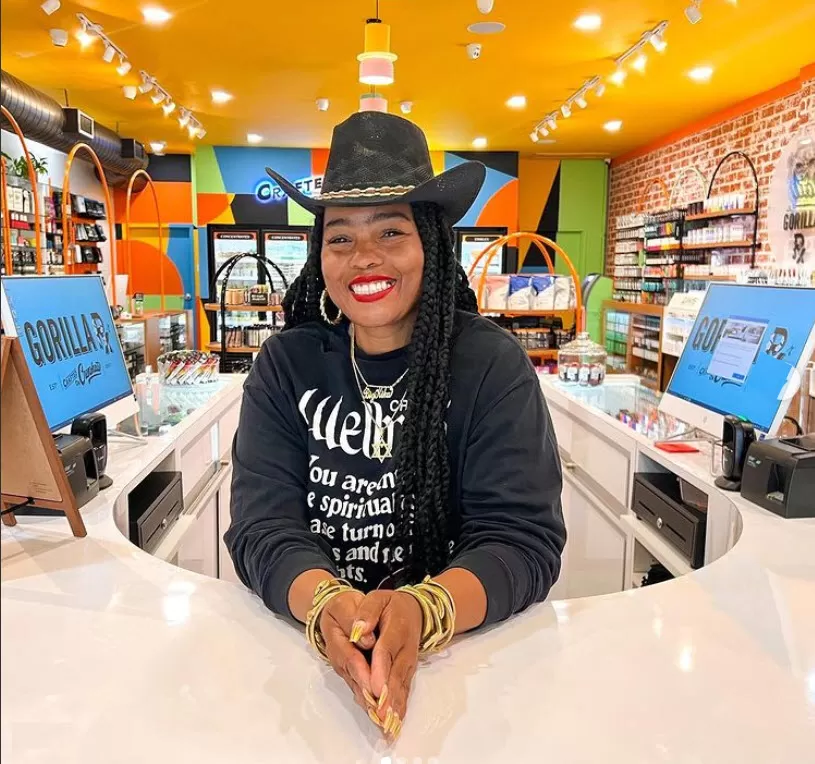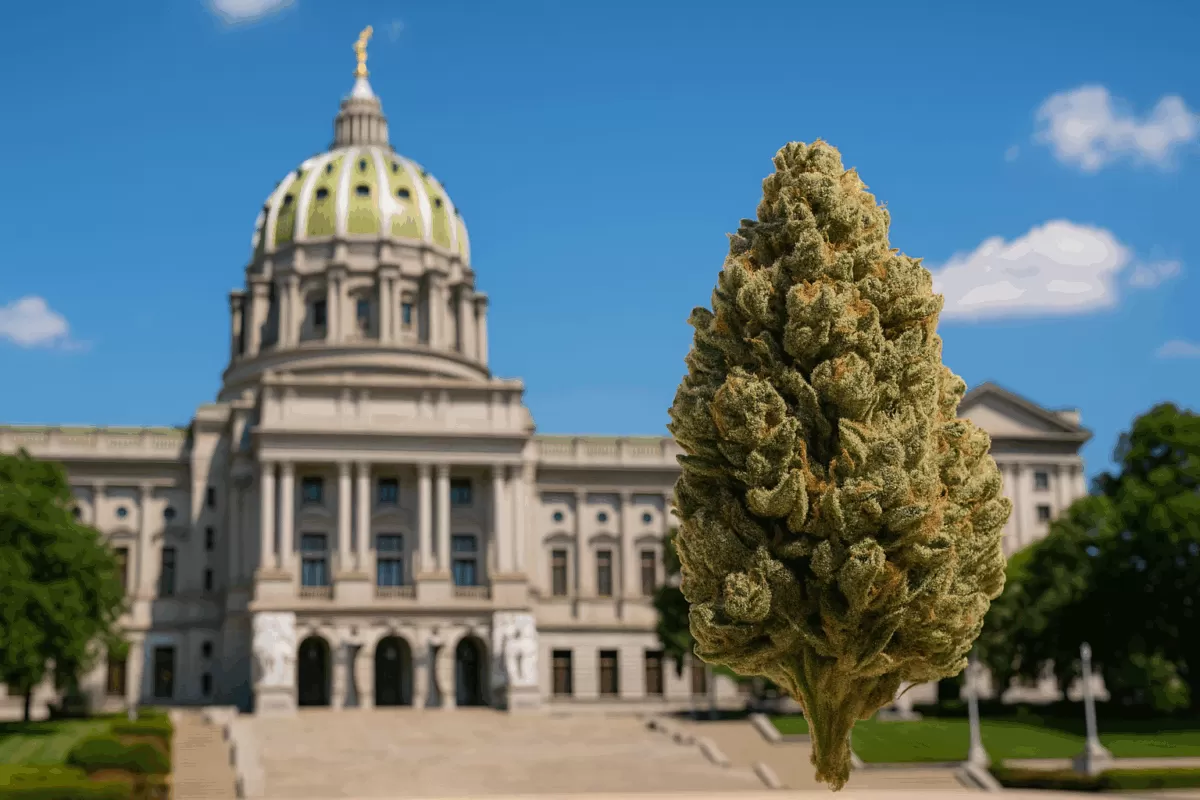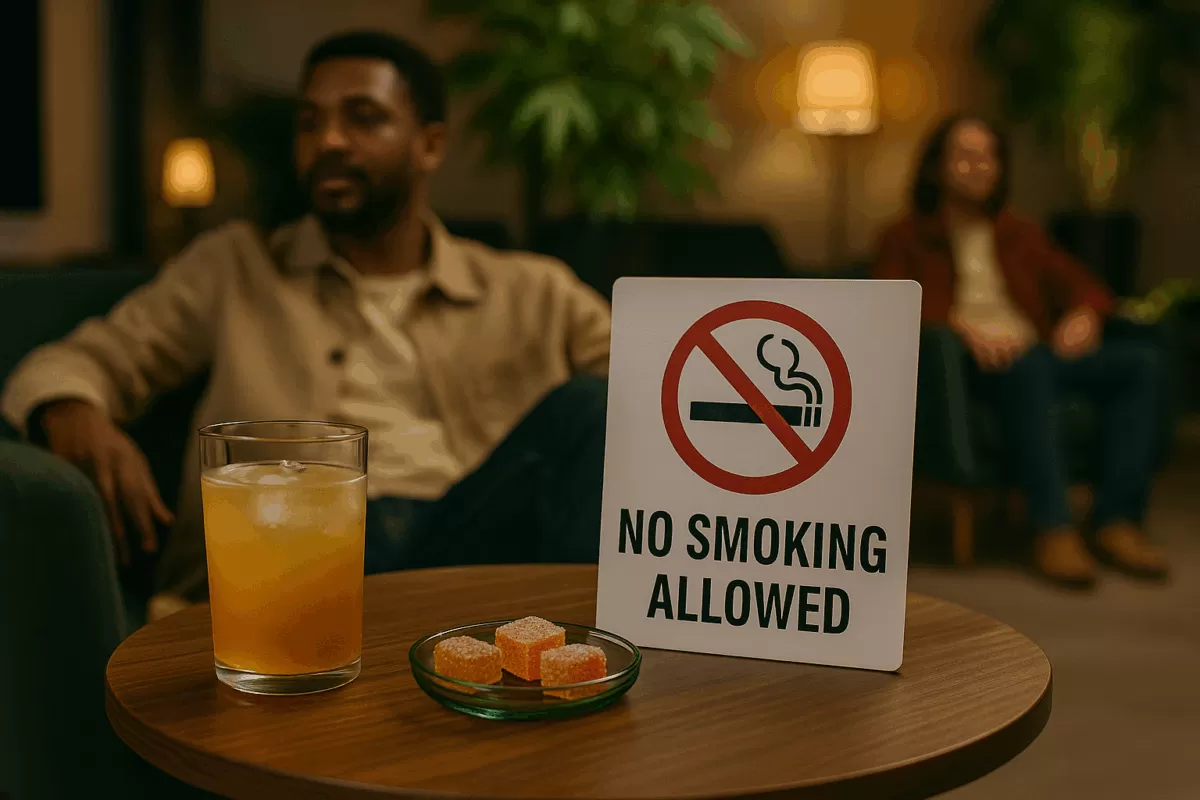Standing along the bustling corridor of Crenshaw Boulevard in South Los Angeles is the first Black-female owned dispensary in the city, according to its owner Kika Keith. Her journey to opening Gorilla Rx Wellness was marked by a series of obstacles, stemming from a city program designed to make cannabis business ownership more accessible to low-income people and communities impacted by the criminalization of cannabis. This article will explore Keith’s struggle for social equity in the cannabis industry and how she overcame those challenges to open her dispensary.
The Promise of Social Equity
The Los Angeles Social Equity Program was created in late 2017, a year after voters approved Proposition 64, legalizing the sale of cannabis for recreational use in California. The program aimed to right the wrongs of the past and make the cannabis industry more accessible to communities that had been disproportionately affected by its criminalization. Black politicians urged people to get involved in the cannabis industry and spoke of past industries that Black people were not able to take part in such as tobacco and alcohol. Keith felt that this was a call she needed to answer and decided to take part in the program.
The Struggle to Obtain a License
City officials informed Keith and others that the city would open its application process for social equity candidates to apply to become eligible for a cannabis retail license in January of 2018. Only 100 people would be given a license. Keith had to pay $12,000 a month for her Crenshaw District/Leimert Park property that the city required her to have at the time she applied, which was a financial burden for social equity applicants who were next in line. A lack of staffing at L.A.’s Department of Cannabis Regulation and the city’s prioritization to license existing medical marijuana dispensaries first created a backlog, which prompted longer delays for social equity applicants. The delays caused a financial burden for Keith and other social equity applicants who were next in line.
The Fight for Social Equity
Keith did not give up, despite the obstacles she faced. She began studying the city’s regulations for the industry and attending advisory committee meetings at the state capitol. Keith noticed the lack of Black people in attendance and realized that in order for the program to be successful, hundreds of them would need to get across the finish line. In 2017, she and other social equity applicants started the Life Development Group, a grassroots organization that held regular meetings inside her then-empty store to study the city’s compliance and regulations in the industry to ensure that they were prepared once licensing opened. The organization helped verify more than 250 social equity applicants for their licenses and train more than 1,500 people to either apply for their licenses or become grassroots advocates.
The Opening of Gorilla Rx Wellness
In July 2021, Keith was among the second batch of applicants to get approved by the city, and she was allowed to open her cannabis shop. Gorilla Rx Wellness offers more than 1,900 cannabis products with the largest number of Black owned brands at one location in the state, according to Keith’s daughter, Kika Howze, who heads the shop’s marketing and brand relations. They also sell several non-cannabis items, including food and home goods products. Inside the shop is doused in warm hues of orange, green, yellow, black, and blue, which was designed by a Black woman and curated by another. The space was designed to prioritize the community and to ensure that their struggle wasn’t lost in the process of building it. Howze said, “I like to say that we’re a community before cannabis because it was really essential to make sure that that struggle wasn’t lost in the process of building it.” Gorilla Rx Wellness is a space that the community can call their own and is a testament to Keith’s dedication to the fight for social equity.
The House That People Built
Keith believes that her dispensary is the house that people built because so many people contributed to its success. She says, “once again, the blessings out of all of the time that it took.” With the promise of more social equity licenses opening up in LA in the near future, Keith plans to continue offering seminars to educate aspiring cannabis entrepreneurs in California and across the country. The feedback that Keith and other former social equity applicants provided to the department of cannabis regulation prompted them to implement various programs, including technical assistance and resources on negotiating leases with landlords to make the overall process less strenuous for future applicants.












